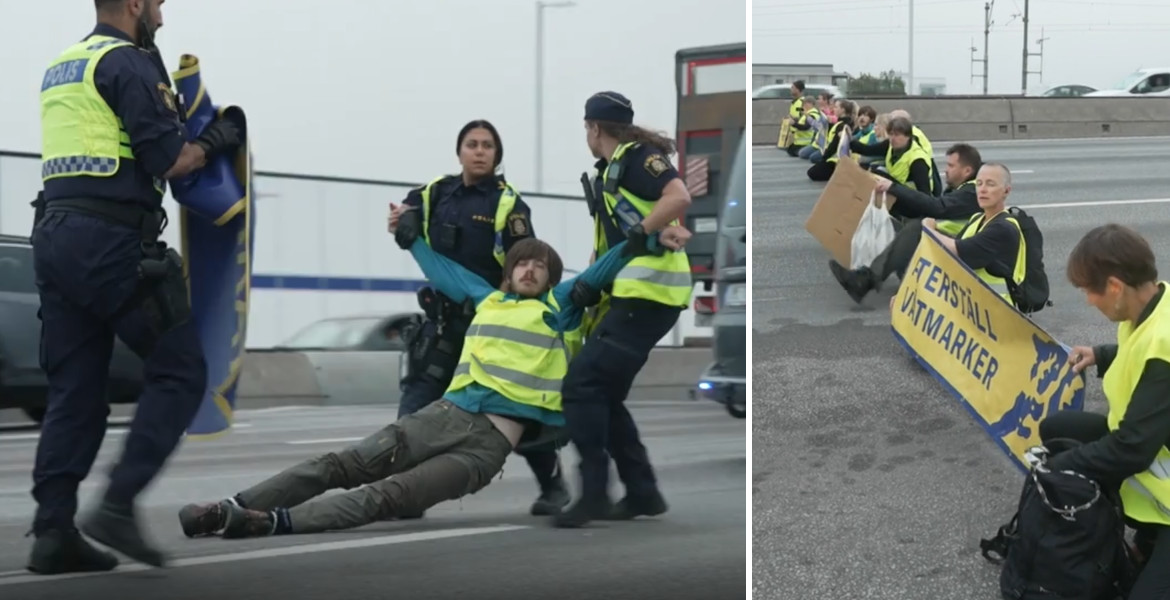The Swedish Economic Crime Authority admits that unaccompanied minors have been placed in foster homes controlled by criminal networks. However, it is unclear how much of the Swedish taxpayers’ money has, in this manner, funded serious criminal activities.
– We have placed children in the hands of criminals. The whole society should be awakened by this, acknowledges Sara Persson, a crime prevention specialist at the Economic Crime Authority.
Persson believes that it is primarily the municipalities that have not taken their responsibility seriously, failing to check which private entities are actually carrying out the operations.
During the mass immigration wave in 2015, “a number of new companies” started that were supposed to take care of unaccompanied minors – and according to Persson, criminal gangs and other “unserious” actors took the opportunity to enter this lucrative industry.
– There was a lot of money. It was a seller’s market and you could charge a lot for these placements. The controls were inadequate, and children were placed all over the country, making it difficult to follow up on the initiatives.
– Municipalities have a huge responsibility; they have committed to placing these children. They need to perform more thorough checks before placements and also during the contract period. Common funds should not go to criminals who buy luxury cars, helicopters, or houses with the money, she points out.
The Kurdish fox and the Arboga woman
It has been revealed that a leading person in Rawa, Majid’s criminal network known as the “Kurdish Fox”, was involved in care companies focusing on foster home placements, among others with Johanna Möller – later known as the Arboga Woman, currently serving a life sentence for murder and attempted murder on her parents.
For the placements, the gang criminal man’s company invoiced Swedish municipalities for at least 20 million Swedish crowns between 2016 and 2019.
Exactly how many foster homes and other tax-funded welfare operations are effectively controlled and owned by criminal immigrant gangs is currently unclear, but the problem is considered to be very extensive.
In Västerås, which is one of the municipalities where criminal gangs have made money in this way, the situation is regretted, and promises are made to “do everything so that it will not be repeated”. However, no politician seems willing to take personal responsibility for the fact that the communal residents’ money has gone directly into organized crime.







